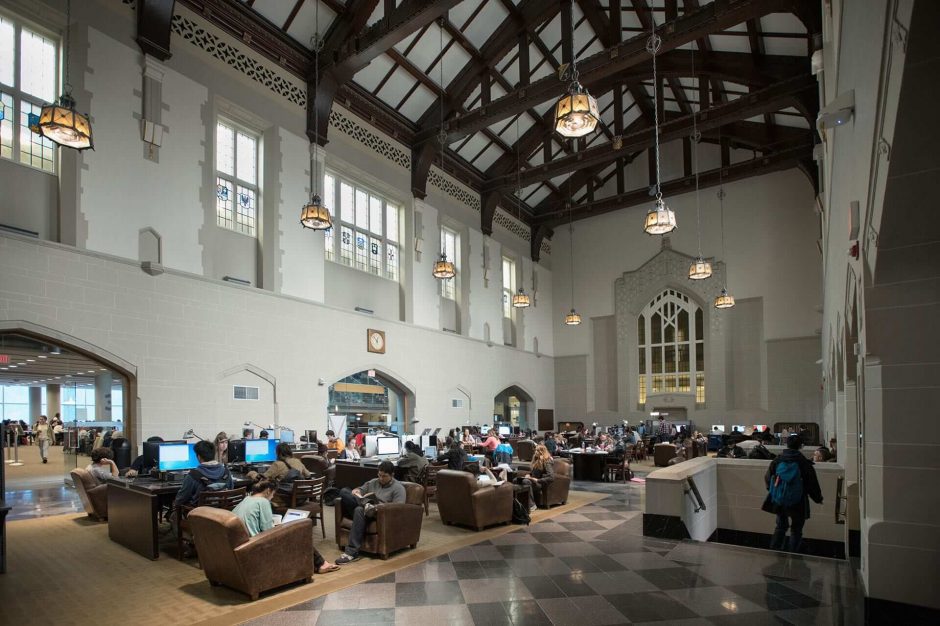LJ Slovin
What grade are you in? On being a non-binary researcher
2020 in Curriculum Inquiry
In this article, I draw on my experiences as a non-binary researcher in a high school to interrogate the normative construction of adulthood. I centre the discussion on the concept of adulthood in order to interrogate a presumption within the field of education that all researchers are recognized as adults.
Sexuality education in action: The pedagogical possibilities at a youth camp
2018 in Critical Pedagogy, Sexuality Education and Young People edited by Fida Sanjakdar and Andrew Kam-Tuck Yip
This chapter discusses how sexuality education at a camp for lesbian, gay, bisexual, queer, and transgender, and Two-Spirit (LGBQ and TT) youth works in combination with camp structures and goals to create an experience uniquely enriching.
Learning that ‘gay is okay’: educators and boys re/ constituting heteronormativity through sexual health
2015 in Sex Education
In this paper, I draw on observations from sexual health workshops in an elementary school classroom in Vancouver, Canada and friendship pair interviews with four boys who attended the workshops. I examine how the educators organizing the workshops constructed sexual health, highlighting their reliance on both a ‘gay is okay’ and a scientific discourse.
Lee Iskander
Nonbinary Beginning Teachers: Gender, Power, and Professionalism in Teacher Education
2021 In Teachers College Record
In recent years, Canadian and US schools have increased efforts to recognize gender diversity and reduce gender-based harassment, in large part because a growing number of young people are coming out as transgender or nonbinary in adolescence. These necessary changes have focused almost exclusively on students, with little being done to support the educators and school workers who are also coming out as trans or nonbinary in growing numbers.
Transgender Identity
2021 In The Palgrave Encyclopedia of Critical Perspectives on Mental Health
Gender is commonly understood through the categories of “man” and “woman.” Transgender identity resists concrete definition, in part because the term emerged out of resistance to inflexible structures of gender categorization. However, the word “transgender” is typically used as an adjective referring to anyone whose gender does not neatly align with the sex they may have been medically assigned at birth.
The Queerness of Teaching and Learning: a Review of Queer Pedagogies: Theory, Praxis, Politics
2020 In Journal of LGBT Youth
In this digital collection, editors Cris Mayo and Nelson Rodriguez bring together a carefully curated and deeply provocative set of essays that extend earlier work on queer pedagogies. The nine chapters explore the possibilities, tensions, and limitations of queer pedagogies across a variety of institutional and subject-matter contexts.
Reflecting on ‘coming out’ in the classroom
2020 In Teaching Education
In this paper, two scholars (one retiring, one emerging) consider what it means for LGBTQ teachers to ‘come out’ in the classroom. Drawing from our respective studies (one a study of 18 lesbian teachers conducted in the early 1980s, the other a study of 16 gender non-binary teachers in 2018), the intervening literature, and our own personal experiences, we reflect on the changing meaning of ‘coming out’ over time.
Who runs the schools?: LGBTQ youth activism and Ontario’s Bill 13
2018 In Journal of LGBT Youth
The Accepting Schools Act (Bill 13), which amends the Education Act of Ontario, Canada, passed in 2012 includes the directive that all publicly-funded schools, whether secular or Catholic, support students who wish to establish, name, and run gay-straight alliances (GSAs).
Dr. Bishop Owis
Queering and Trans-gressing Care: Towards a Queer Ethic of Care in QTBIPOC Education
2022 Unpublished Dissertation
This research details the findings from three interviews with QTBIPOC educators in Ontario. Using qualitative interviews and art-based responses, teachers in this study theorized about a queer ethic of care while offering their best practices to illustrate how they move from theory to pedagogy when working with QTBIPOC youth.
Out at School: Imagining a Slow Ethic of Care in Research-Based Theatre.
Forthcoming, 2022 in Qualitative Inquiry
Owis, B., Baer, P., Salisbury, J. & Goldstein, T
Chapter 4: Promising Ethical Principles and Practices for Research with LGBTQ Families: A Living Document
2021, In Goldstein, T. Our Children are Your Students: LGBTQ Families Speak Out. Gorham, ME: Myers Education Press
